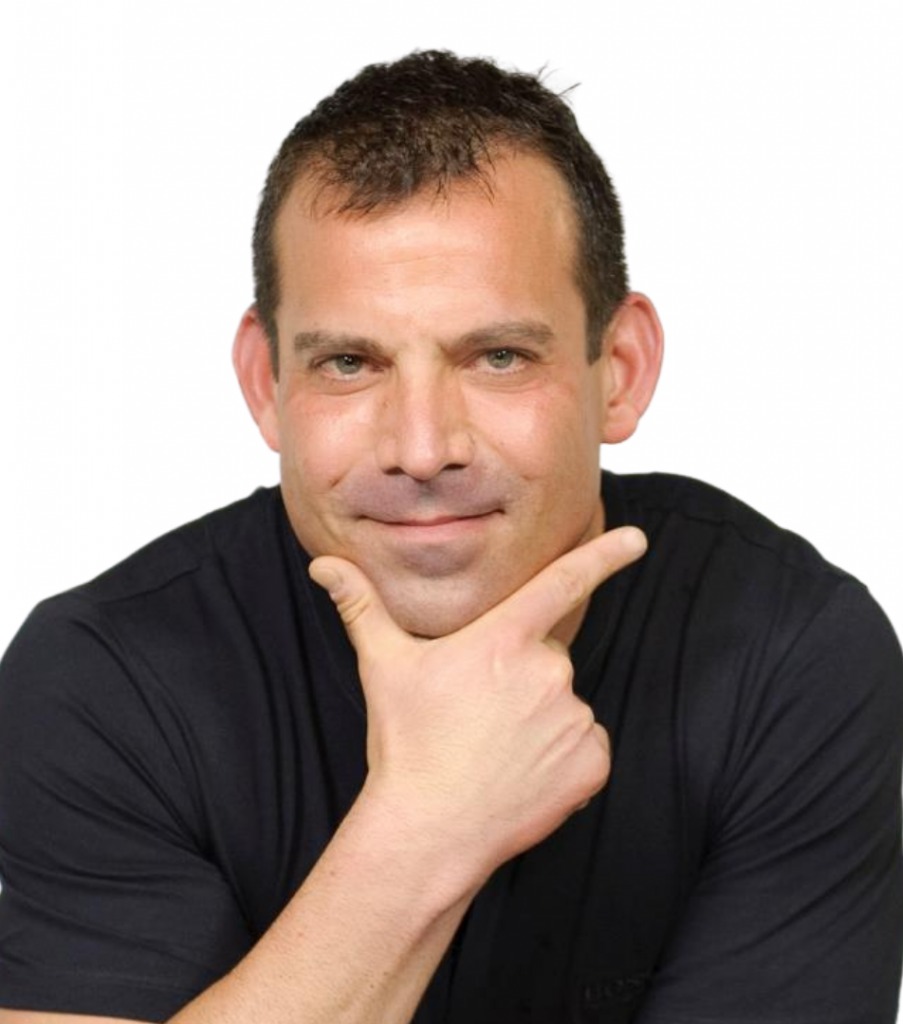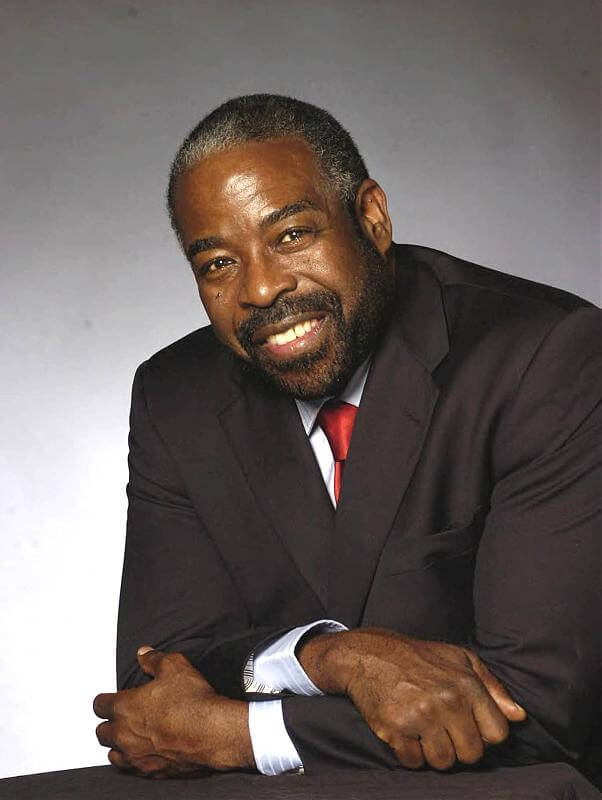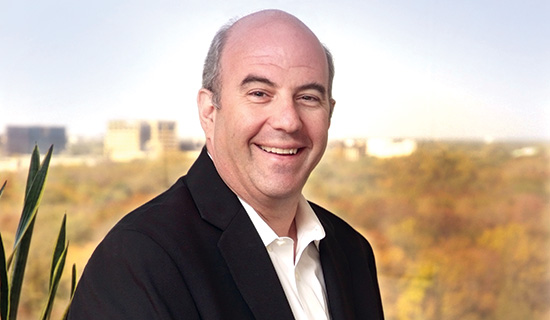Perfectionism feels like a strength, but in marketing it’s a trap. It keeps you polishing instead of publishing, dreaming instead of doing. In this episode, I break down why perfection kills momentum, how deadlines set you free, and why “good enough” beats “never launched” every single time.
[01:05] Is Your Perfectionism Serving You?
- Perfectionism holds critical value in high-stakes domains; such as healthcare where precision directly impacts human welfare and irreversible outcomes.
- Leadership that intentionally cultivates diverse working styles creates resilient, complementary dynamics that elevate overall output.
[02:20] Done is Better Than Perfect:
- Timeliness outweighs flawlessness: shipping “good enough” work on deadline consistently outperforms delayed perfection, especially in fast-moving, feedback-rich environments.
- Success requires rewiring the mindset to embrace imperfection as a strategic necessity, publishing before polish becomes not a compromise, but a disciplined practice that fuels momentum and learning.
[03:09] The Hidden Price of Perfect:
- Delayed launches drain opportunity cost: two years of perfectionism forfeits not just time, but compounding growth, feedback cycles, and market relevance that two weeks of “good enough” could ignite.
- The emotional cost of inaction extends beyond business, stalled progress postpones personal transformation and the ability to positively influence the lives of those closest to you.
- Perfectionism disguised as diligence is often self-sabotage in disguise; recognizing its tangible consequences is the first step toward behavioral change.
[04:18] The Ferrari Formula for Launching:
- Imperfect launches are the foundation of legendary empires, Ferrari, Microsoft, and countless others built global dominance not by waiting for perfection, but by shipping early, learning fast, and iterating relentlessly.
- Customer tolerance for imperfection is high when value, vision, or utility is clear, people adopt, pay for, and even evangelize “junk” if it solves a real problem or delivers a compelling experience.
- The myth of the “perfect product” is disproven daily by industries where even mature, iconic offerings remain imperfect, yet thrive because they ship, adapt, and persist.
[06:47] The Time I Made $100K on a “Bad” Launch:
- Treat digital assets as living organisms, not static monuments: webinars, funnels, emails, and automations improve through repeated releases, not initial polish, perfection is a destination reached through cycles, not a starting requirement.
- The creator’s self-doubt is a poor predictor of market response, what feels like a guaranteed flop can explode into six figures, while “perfect” launches often underperform; outcomes are revealed only through release, not rehearsal.
- Revenue and resonance cannot be pre-engineered in isolation, launching “before ready” is not recklessness, but the necessary mechanism to access the only true judge: the market.
- Embracing imperfection is not lowering standards, it’s adopting a higher standard of adaptability, where growth comes from shipping, learning, and evolving, not from waiting for imaginary readiness.
[09:08] My Friend’s Million-Dollar Deadline Tip:
- Public commitment transforms intention into obligation, announcing a launch date, even before the product is ready, creates external pressure that overrides internal hesitation and perfectionist paralysis.
- Imperfect action beats perfect stagnation: launching under deadline pressure unlocks progress that endless tinkering never will.
- The magic lies not in readiness, but in reversal: start by locking the launch date first, then build backward, this flips the script from “I’ll launch when it’s perfect” to “I’ll make it work because it must launch.”
- Accountability accelerates output: sharing deadlines with others, turns private projects into public promises, triggering urgency and focus no solo effort can replicate.
[13:10] The Beta Mindset for Business Growth:
- “Beta” is not a disclaimer, it’s a strategy: releasing early to a limited audience transforms users into co-creators, turning feedback into fuel for refinement and market alignment.
- Controlled exposure mitigates risk while maximizing learning: launching to a small group allows for iteration under lower stakes, turning early adopters into invaluable partners in the product’s evolution.
- Launching “unfinished” is not failure, it’s the disciplined practice of building in public, where progress is measured by adaptation, not initial completeness.
- Letting go is learned through doing: the more you ship, the more you normalize imperfection, until releasing becomes reflexive, not resisted; this is the mark of an evolved creator.
- The goal is not to eliminate standards, but to relocate them; from pre-launch perfection to post-launch evolution, where excellence is built in public, not in private.
[14:40] Are You Collecting Knowledge Instead of Results:
- Knowledge without action is performance, not progress, studying endlessly while avoiding real-world application creates the illusion of readiness without results.
- The craving to “learn more before doing” is often fear in disguise, masked as diligence, it’s really resistance to exposure, failure, or the discomfort of being a beginner in public.
- Modern culture lacks rites of passage, without clear transitions into “permission to act,” many wait for external validation instead of granting themselves the authority to begin imperfectly.
- Competence is earned through doing, not consuming: mastery in any field comes from stumbling in the arena, not from perfecting theory in isolation.
[16:31] Escape the Rulebook Mentality:
- The craving for “clear instructions” is a relic of institutional conditioning; what worked in controlled environments fails in the messy, nonlinear reality of entrepreneurship and human relationships.
- Life’s problems resist one-size-fits-all solutions; fixing a marriage, launching a business, or mastering a skill depends on context, variables, and personal nuance, not universal formulas or someone else’s playbook.
- Growth begins when you stop waiting for permission or perfect clarity, adulthood isn’t granted by diplomas or ranks; it’s claimed by stepping into uncertainty, making imperfect decisions, and owning the consequences.
- Embracing the “muddy middle” is the price of true agency; progress lives in the gray, not the black-and-white; mastery emerges not from following rules, but from navigating chaos with courage, iteration, and self-trust.
[18:22] Embrace the School of Hard Knocks:
- The “school of hard knocks” is not a fallback, it’s the primary curriculum for navigating life’s ambiguity. Those who learn by doing, observing, and adapting outperform those who wait for perfect instruction.
- Supervised immersion accelerates growth: learning under mentors or within real-world constraints builds resilience, intuition, and practical intelligence no classroom replicates.
[19:16] Mastery is earned in the trenches:
- Failure is not the opposite of success, it’s the first draft: early attempts are meant to be messy; their purpose is learning, not perfection.
- Insecurity thrives in inaction, fear of “what if it doesn’t work?” dissolves only through exposure, where each imperfect attempt builds resilience, insight, and eventual competence.
- Knowledge without execution is inert, no amount of teaching, theory, or observation creates results until offers are made, lists are built, emails are sent, and real people respond.
- Progress is transactional: it begins the moment you cross the threshold from preparation to participation, when you stop simulating and start shipping.
[20:28] Igor’s Book On Email Marketing:
Visit www.igorsbook.com to learn more.












